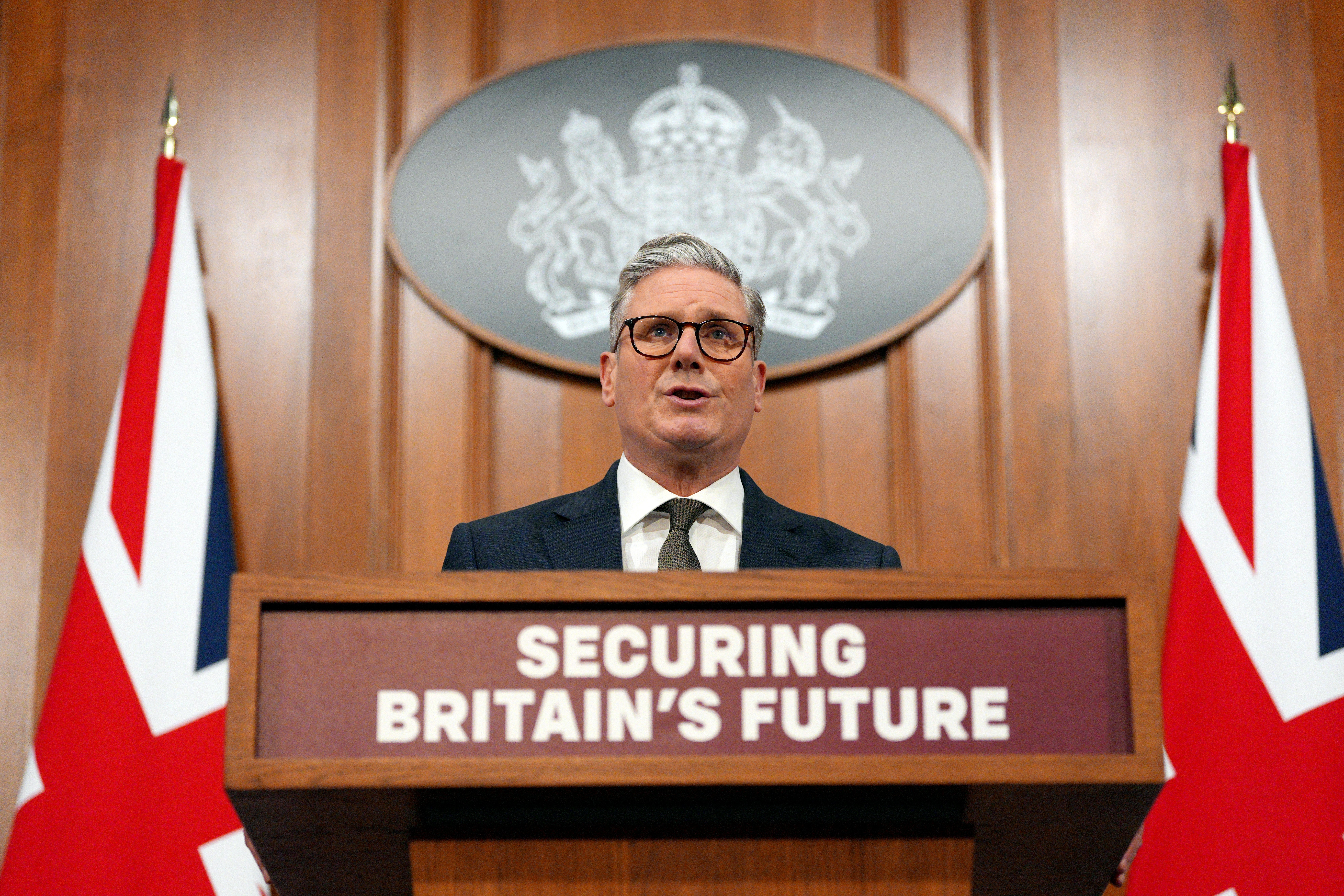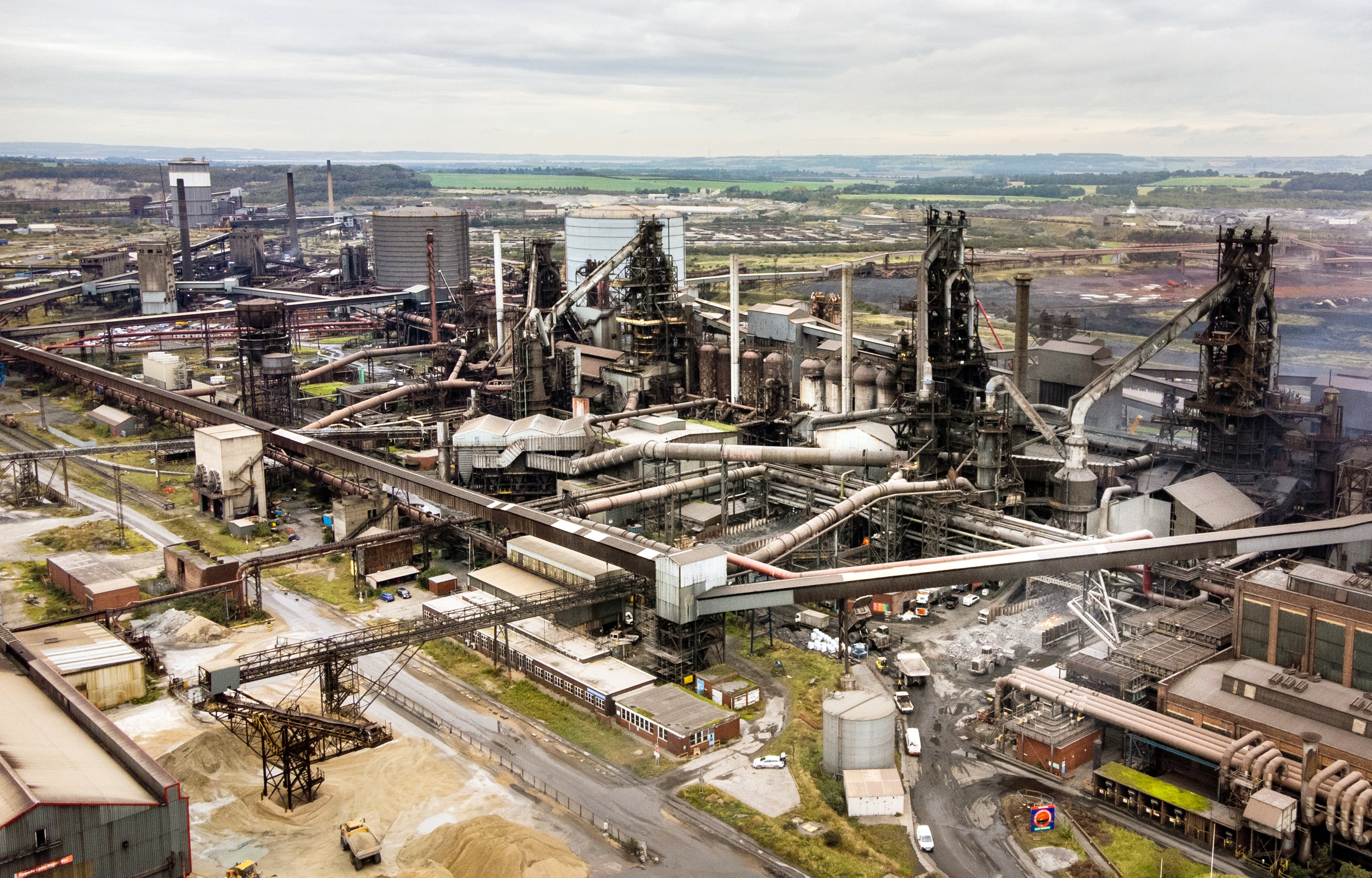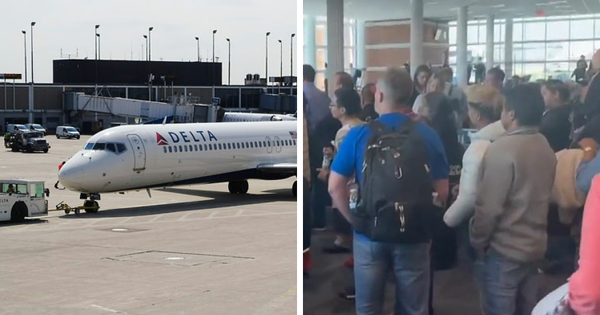Emergency plans to save British Steel’s Scunthorpe blast furnaces by taking control away from Chinese owners were approved by parliament after an extraordinary Saturday sitting.
At an historic Commons session – the first Saturday recall since the Falklands war in 1982 – MPs backed wide-ranging moves that will allow ministers to keep the plant working in the hopes a new buyer can be found.
Ministers had taken the unusual step of recalling parliament from its Easter recess after negotiations with British Steel’s Chinese owners, Jingye, appeared to break down.
Business secretary Jonathan Reynolds accused the firm of planning to “irrevocably and unilaterally” shut the furnaces down by starving them of raw materials – as it emerged that police were called after reports executives were blocked from entering.
Humberside Police said officers attended following a suspected breach of the peace, but no arrests were made.
Later, the prime minister met with steelworkers near Scunthorpe to discuss the plans. He told them: “You are the people who have kept this going. You and your colleagues for years have been the backbone of British Steel, and it’s really important that we recognise that.”
He added in a statement on Saturday evening: “This government is turning the page on a decade of decline, where our manufacturing heartlands were hollowed out by the previous government.
“Our industry is the pride of our history – and I want it to be our future too.”
Although the new law stops short of nationalisation, the government conceded it is “likely” British Steel will have to be taken into public ownership after Sir Keir Starmer warned the UK’s economic and national security was “on the line".

In the Commons, Mr Reynolds told MPs that doing nothing was “not an option” as, once allowed to cool, the furnaces could never be restarted.
He said Jingye, which bought British Steel in 2020, had rejected a “substantial” offer under which ministers would have bought the raw materials needed to keep the plant open, ensuring “no losses whatsoever” for the parent company.
Instead, Jingye’s counteroffer demanded “an excessive amount” of support, that involved the government paying the company “hundreds of millions of pounds” with no conditions to stop the money being transferred to China and no agreement to keep the blast furnaces “in good working order”.
He added that in recent days it had become clear the company’s intention was to refuse to purchase enough raw material to keep the blast furnaces running and “and refuse to pay for existing orders”.
“The company would therefore have irrevocably and unilaterally closed down primary steel making at British Steel,” Mr Reynolds said.
Mr Reynolds acknowledged that nationalisation was the eventual “likely option” after industry minister Sarah Jones conceded no companies were currently willing to make an offer.
While the government’s plan has substantial cross-party support, many opposition MPs called for a “sunset clause” on the legislation.
The Liberal Democrat Treasury spokesperson Daisy Cooper also warned ministers were giving themselves “huge and unconstrained powers, which could set a very dangerous precedent”.
Reform’s Richard Tice urged No 10 to go further, “show some mettle” and “be courageous”, adding: “Lets nationalise British Steel this weekend and make British Steel great again.”
The Commons debate also reopened faultlines over other parts of the country whose industries did not receive the same support.
David Chadwick, a Welsh Lib Dem MP, asked ministers: “Where was this urgency when Welsh steel communities were crying out for support?”

Before the Commons debate, Conservative leader Kemi Badenoch accused ministers of having “bungled” a deal she had negotiated with Jingye to modernise British Steel’s operations.
But Mr Reynolds denied that Labour had inherited a deal, saying he had been told on taking office “that there had been a lack of progress” on it as he challenged Ms Badenoch to explain how much her agreement would have cost the taxpayer.
She replied: “We had not finished the negotiation so there was no amount, but it would have succeeded better than the terrible plan he’s got now.”
In a sign of how seriously the government takes the potential collapse of British Steel, Sir Keir delayed a family holiday to attend the emergency session of Parliament.
No 10 confirmed the prime minister had been planning to jet off on the trip, expected to be to southern Europe, but was now expected to leave on Sunday instead.
Sir Keir cancelled a European summer holiday last August after rioting broke out in the UK and tensions escalated in the Middle East.
The emergency session was just the sixth time parliament has been recalled on a Saturday since the end of the Second World War.
Post-Brexit youth mobility scheme with EU on the table under a different name
AI health warning as researchers say algorithms could discriminate against patients
What Tony Blair told Keir Starmer about how to deal with Donald Trump
Who is on Rishi Sunak’s resignation honours list?
Parliament to be recalled to debate nationalising beleaguered British Steel







